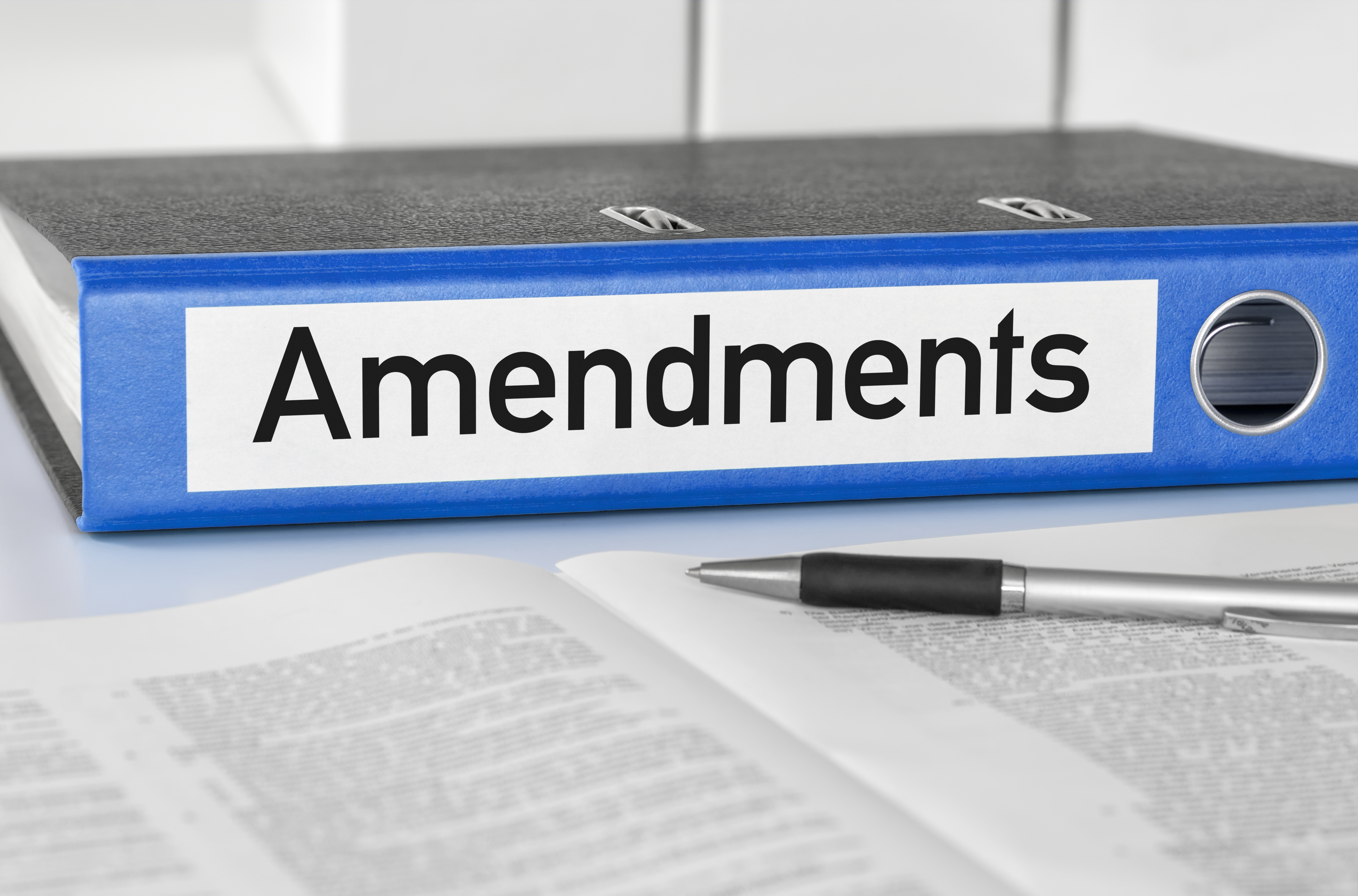On March 24, 2023, Florida reduced the Statute of Limitations for negligence claims from 4 years to 2 years for any negligence causes of action arising after the amendment went into effect on that date. Fla. Stat. § 95.11(4)(a); see also Florida House Bill 837, https://www.flsenate.gov/Session/Bill/2023/837. Negligence if often pled in tandem with or as part of a cause of action for products liability, such as negligence failure to warn of defects or negligence related to manufacturing or design of a product. Some recovery professionals may now be asking “Does the 2-year negligence period apply in products liability cases as well?” By looking back at how the Florida courts have addressed products liability actions, the answer appears to be that the limitations period for products liability remains 4-years.
Florida’s applicable Statute of Limitations, Fla. Stat. § 95.11(3)(d), provides a 4-year statute of limitations for “an action for injury to a person founded on the design, manufacture, distribution, or sale of personal property that is not permanently incorporated in an improvement to real property.” Prior to the recent amendment for negligence in Florida, this products liability Statute of Limitations was found in Fla. Stat. § 95.11(3)(e). Its new location in Fla. Stat. § 95.11(3)(d) did not substantively alter the statutory period other than renumbering the section to account for deletion of negligence from the section applying a 4-year limitations period. Several cases decided prior to the recent amendment make clear that the Statute of Limitations to apply for products liability is 4-years based on Fla. Stat. § 95.11(3)(d) (formerly Fla. Stat. § 95.11(3)(e)). See, e.g., Wallis v. Grumman Corp., 515 So.2d 1276, 1277–1278 (Fla. 1987);Redding v. Coloplast Corp., No. 6:19-cv-1857-CEM-GJK, 2022 WL 20829227 at *3 (M.D. Fla. July 11, 2022); Durrance v. R.J. Reynolds Tobacco Co., 286 So.3d 916, 917 (Dist. Ct. App. Fla. 2019).
Another important consideration is that the comparative fault statute in Florida recognizes the distinction between general negligence actions and negligence that is part of a “products liability action.” Fla. Stat. § 768.81. This may then cause one to ask “Is a negligence claim for products liability governed by the 2-year or 4-year Statute of Limitations?” For example, if one were to bring a claim for negligence in failing to warn of a defect, this claim would arguably fall within the realm of products liability and not general negligence. Prior to the recent amendment, the courts in Florida consistently cited to section § 95.11(3)(e) (now renumbered as § 95.11(3)(d) after the amendments) for claims that rest on negligence theories of products liability. See, e.g., Copeland v. Armstrong Cork Co., 447 So.2d 922, 926 (Dist. Ct. App. Fla. 1984); Eghnayem v. Boston Scientific Corporation, 873 F.3d 1304, 1323 (11th Cir. 2017); Pirlein v. Ethicon, Inc., No. 20-62202-CIV-CANNON/Hunt, 2021 WL 4990612 at *3 (S.D. Fla. Oct. 1, 2021). These cases provide a strong foundation for an argument that the 4-year limitations period applies even for negligence based product liability claims.
While there is a basis in pre-existing case law in Florida to argue the Statute of Limitations for product liability cases, including negligence as part of a product liability theory, is 4-years, recovery professionals should be cautious about automatically relying on the 4-year period to calculate their deadlines. There is not yet any case in Florida that addresses this issue head on or provides a similar discussion as to the one in this blog. Given this, the better practice, if your case permits it, is to use the 2-year limitations period as a default. Of course, there is still a strong argument to be made that a 4-year limitations period applies for products liability cases in Florida. What is more, the facts and nature of the theories of your case could also indicate what time limitation to apply. Recovery professionals should recognize that different limitations periods may apply to different causes of action for products liability and negligence, and be sure to consult with their recovery partners before automatically choosing one limitations period over another.






